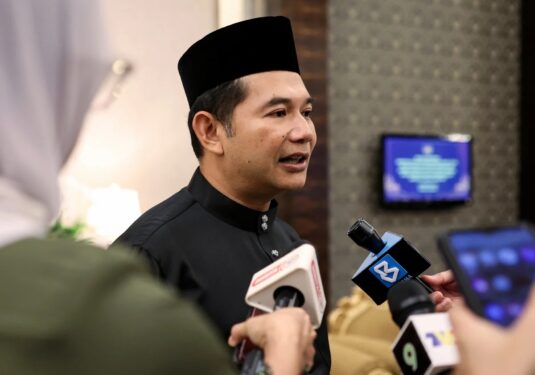CYBERSECURITY can involve routine and repetitive tasks, which affects both productivity and motivation to work.
To make things worse, the shift to remote work has further blurred the lines between working and personal time.
The combination of these factors can lead to situations where employees are often distracted from work.
According to a Kaspersky report entitled ‘Managing your IT security team’, among the most common activities IT security staff participated in at work included reading the news (42%), watching videos on YouTube (37%), and watching films or TV series (34%). A third of the respondents managed to do physical exercise (31%) and read professional literature (33%).

Additionally, almost half (46%) of IT security employees believe that their colleagues left employment because of high workloads, while 41% of employees across all departments had a similar opinion.
This may seem contradictory since the study showed so much working time being spent on leisure activities, but 48% of those surveyed actually explained that their distractions from work acts as a break between tasks, rather than because of boredom or a lack of work.
In fact, during longer work days, it is even more important that workers take breaks, so that they are able to remain productive over the extended period.
“I don’t think that it’s an issue that employees are distracted from work. There should be control over task performance, not how many working hours are spent on a hobby,” opined Kaspersky head of information security Andrey Evdokimov.
“If the work is not interesting for someone and there is a lack of task management, an employee will find a way to do something different, even from the office,” he continued.
Echoing this sentiment, Kaspersky head of security operations centre Sergey Soldatove stresses that it is okay for workers to attend to their hobbies during working hours, as long as it does not affect their goals, KPIs, objectives of the worker or the quality and speed of their performance.
“If performance is not affected, there are no problems with the fact that a person is distracted from work. If efficiency has fallen or differs from colleagues, it should be paid attention to. The aim of the manager is to inform employees about poor productivity as early as possible so they can find ways to solve the issue,” Soldatov commented.
Among some of the recommended steps to take in regards to managing IT security teams include:
- Ensure that your company is fully equipped with IT security staff. Optimal numbers can be estimated as one cybersecurity employee for every 10 IT professionals;
- There should be at least five employees responsible for monitoring and properly organise shift work to avoid overworking;
- Outsource typical IT security tasks to grant in-house employees more time to focus on company-specific requirements and the protection of legacy IT infrastructure;
- Ensure that you give employees different, non-standard tasks so they are not stuck in a rut and can further develop their skills. – May 29, 2021










